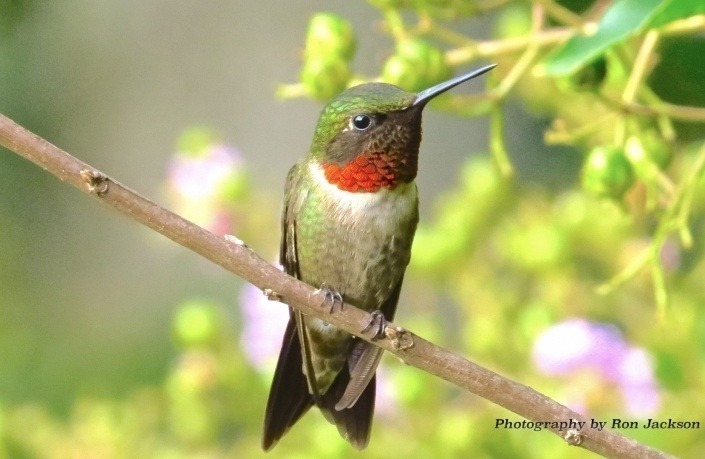Feeding hummingbirds is an incredibly popular activity and each summer untold numbers of people hang feeders for these little avian jewels. But far too many of us don’t take the time to do it responsibly. Here are a couple of tips for feeding hummers and doing it in a way that keeps them healthy at the same time.
First, don’t use commercially produced nectar substitutes that contain red dye. These dyes are potentially harmful and are unnecessary to attract hummingbirds. Better yet, make your own nectar. To do so, mix four parts water with one part sugar. It helps to boil your water for about 15 minutes first to remove any chlorine. This will also make the sugar dissolve more easily.
Second, keep your feeders clean. Sugar water will spoil in a day or two when it’s warm and this invites mold and other nasty microbes. Make it a habit to wash your feeders every other day—daily if it’s really hot—discarding unused nectar and cleaning any scum or mold that develops in the feeder itself. To avoid wasting nectar, simply put no more in the feeder than the birds are taking between cleanings.
As summer progresses and the migration south begins, a well-kept feeder station can attract scores of hummers fueling up for the long flight. Enjoy the show!
LEARN MORE>> Create your own certified wildlife habitat in your backyard
Featured photo by Ron Jackson




